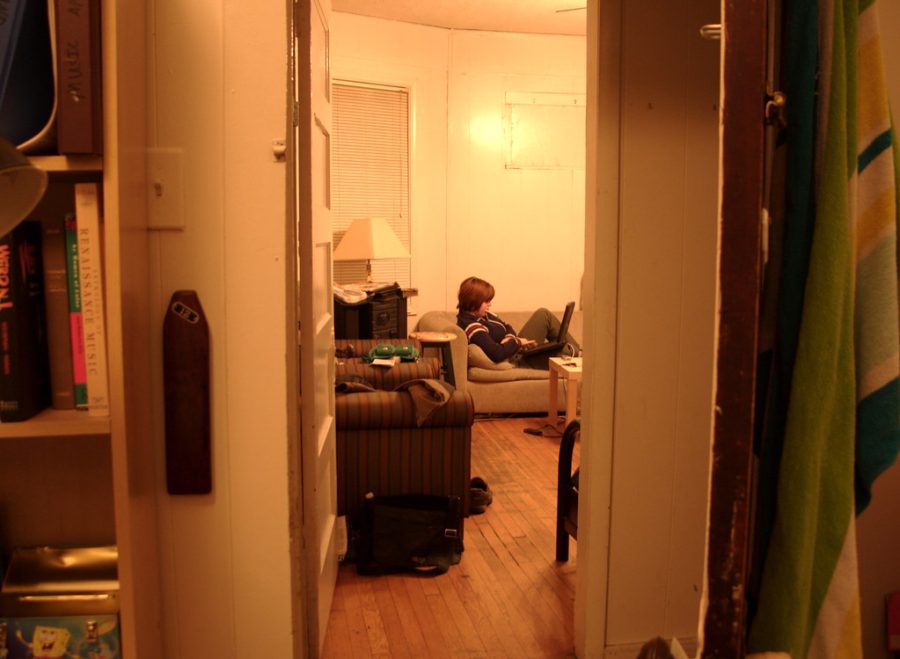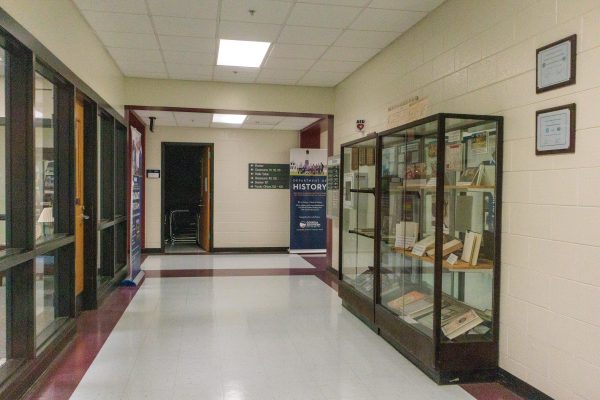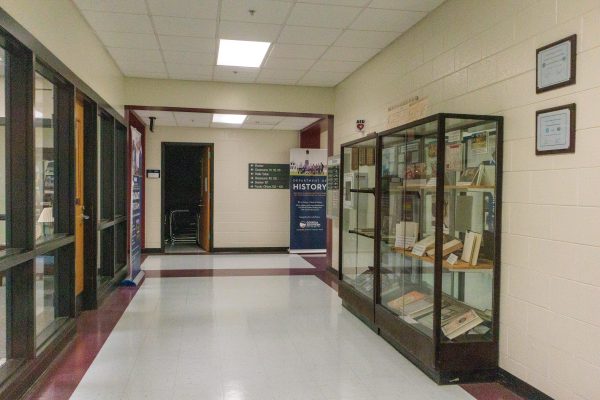Three Things to Consider When Moving Off Campus
“My Roomate” by Ottoman42 is marked with CC BY-NC 2.0.
I had less than a month to get my ducks in a row in July 2021. My plans to resume my post-secondary education were all reliant on the ability to actually find a place to stay in Savannah. My lease all the way up in Pittsburgh, Pa, was coming to an end, and I knew I needed to find housing at a reasonable price.
On-campus housing was much too restrictive and expensive. My best bet was finding an apartment relatively close to Armstrong campus with a perfect roommate, proximity to grocery stores, and necessities.
Things fell together in the most fortunate way possible. I live close enough to walk to campus every morning, stop by Publix for groceries on the way back and have lunch before heading off to my part-time job.
These fortunate circumstances did not come without many years of roommate horror stories and bad decisions.
When I decided to move to Savannah, I was extra careful to avoid my usual patterns of finding myself in uncomfortable boarding situations.
Here are a few things I was sure to consider about living off-campus:
Credit. I do not have anyone I would feel comfortable asking to cosign a lease for me, but I didn’t want to stay at some hole-in-the-wall complex where I didn’t feel safe.
Credit Karma is a tool I use monthly to monitor the status of my credit and make plans to improve it. My good credit allowed me to secure my current lease without requiring assistance from parents or close family members.
Roommates. I once lived in a commune-style home wherein I was the only non-divorced resident under 40. It was the most awkward year of my life. In Savannah, I wanted to be sure that I would be living with someone I could relate to a bit more and be clean, respectful, and quiet.
Roomies is a free service that helps connect with other people looking for accommodations or roommates. I like the site as it allows you to set preferences and connect with like-minded people. I have used the service twice and have met great friends.
Expenses. I carefully calculated the cost of my monthly expenses, compared them to the overall cost of two semesters of on-campus housing, and found that I would save over $500.
I USED what I saved in rent for grocery funds for the year. I also knew that Georgia Southern has resources for students who may be struggling with food insecurity should it become a concern of mine.
I also have other streams of income via part-time jobs. This allows me to comfortably survive while knowing that I have a few rainy day funds aside for any surprises.
While there are several other stipulations to living off campus, these three were at the top of my list. My advice to anyone considering taking the leap and moving off campus is to take the time to draft your own list of wants, needs, and non-negotiables.











